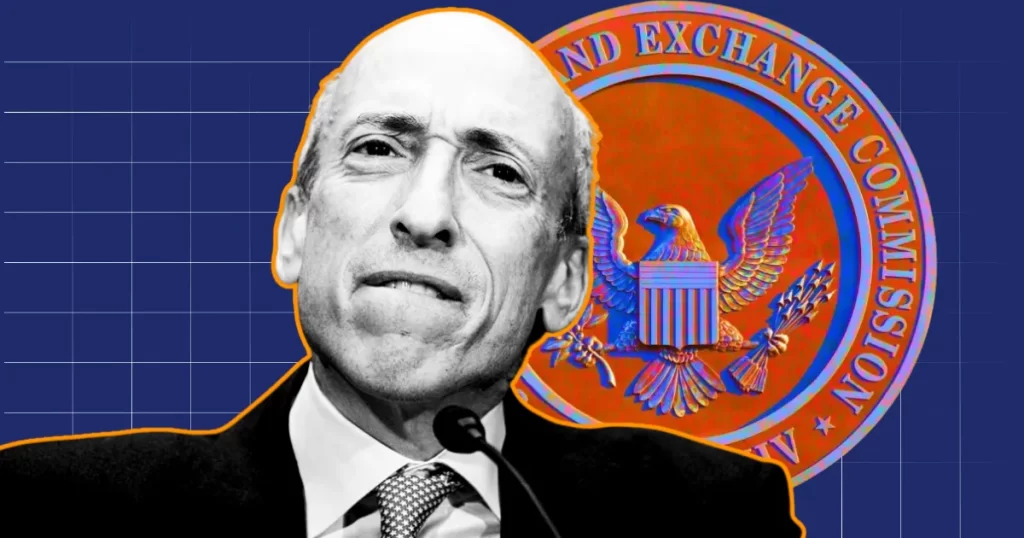
The post Is the SEC Playing Favorites? Pro-XRP Lawyer Questions Double Standards in Crypto Donations appeared first on Coinpedia Fintech News
In a recent tweet, pro-XRP lawyer Bill Morgan raised concerns about the Securities and Exchange Commission’s (SEC) stance on crypto donations, questioning whether there’s a double standard in how such donations are treated. This follows the SEC’s earlier claim that Ripple’s donations and giveaways were considered securities under their single-year offering of XRP.
SEC’s Past Stance on Ripple’s Donations
In the SEC v. Ripple lawsuit, the SEC once argued that Ripple’s donations and giveaways of XRP were part of a broader securities offering. This claim suggested that such transactions should be regulated as securities.
However, recent reports indicate that Kamala Harris accepts crypto donations through Coinbase. This development raises questions about whether these donations also fall under the category of securities.
Bill Morgan’s Critique
Morgan, reacting to the SEC’s position on Harris’s crypto donations, challenged SEC Chair Gary Gensler on social media. He questioned if the crypto donations to Harris were being treated as ‘crypto asset securities’ investment contracts, much like the SEC previously argued about Ripple’s donations.
Morgan’s comments suggest a potential double standard in the SEC’s regulatory approach, highlighting a disparity between their treatment of Ripple and current crypto donation practices.
As the debate continues, many are left wondering if the SEC’s policies are being applied uniformly or if certain cases are treated with more leniency.

 11 months ago
36
11 months ago
36














 English (US) ·
English (US) ·